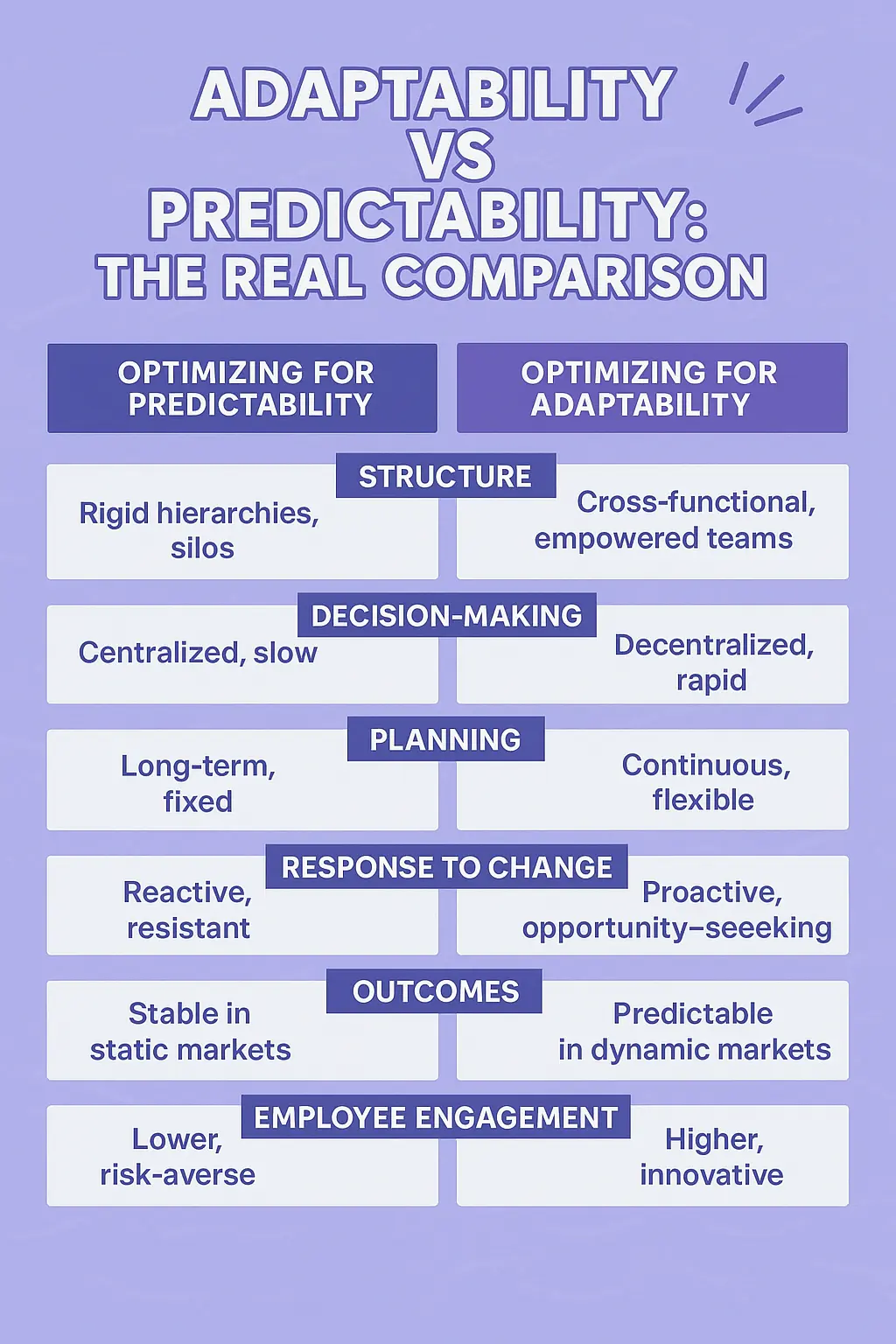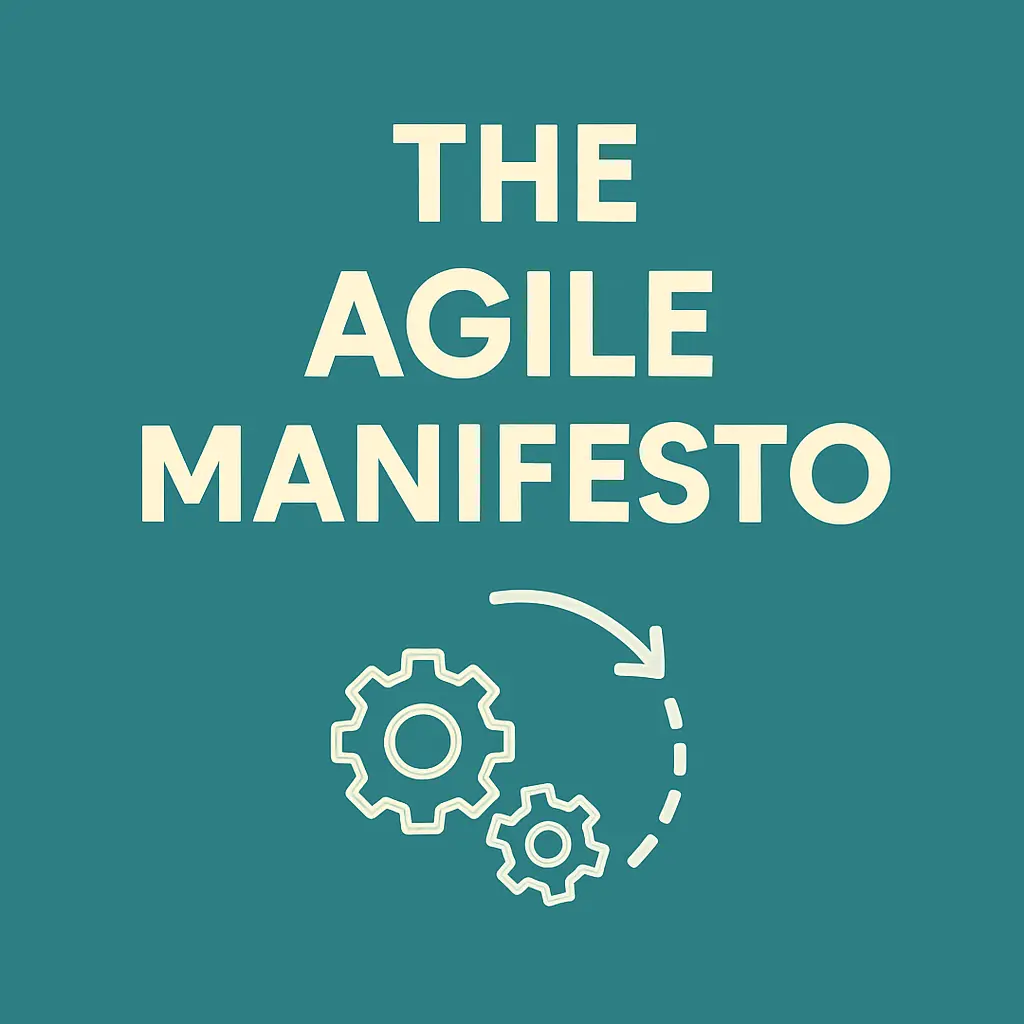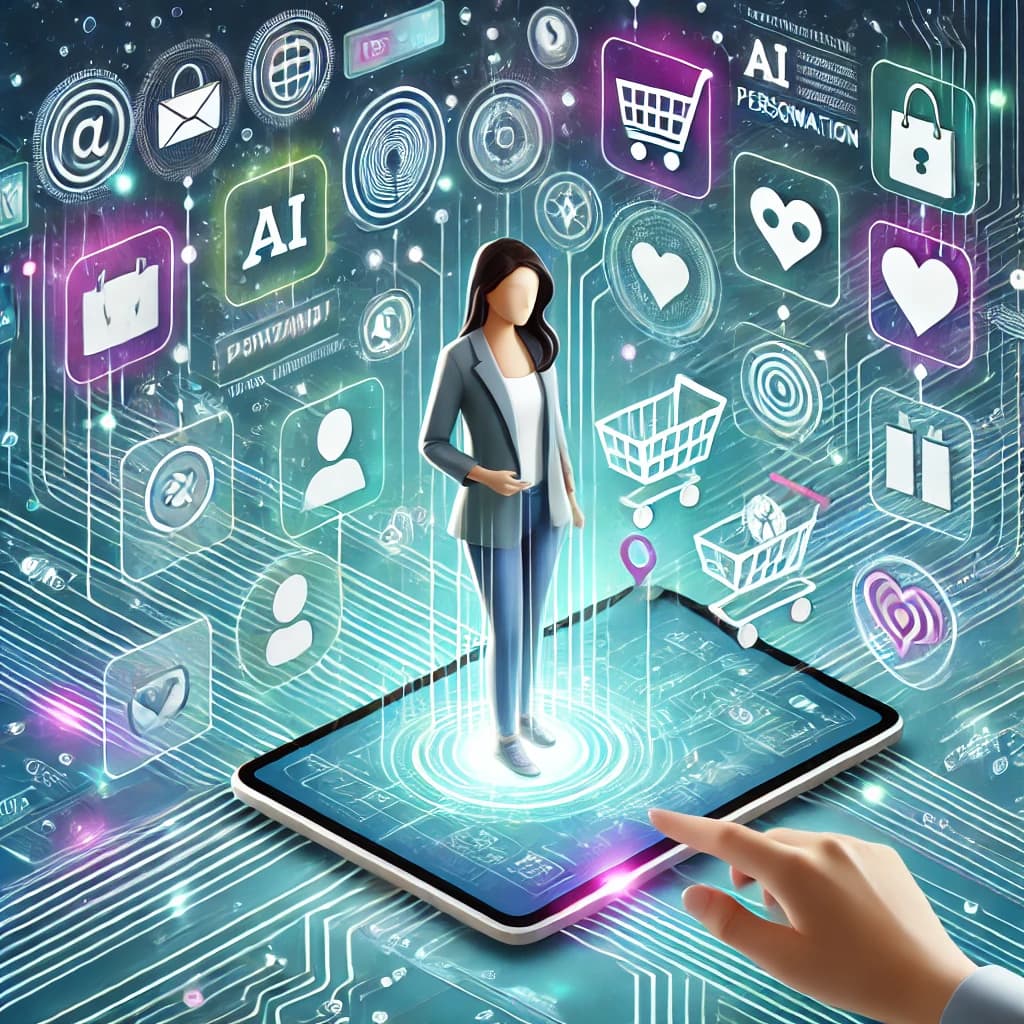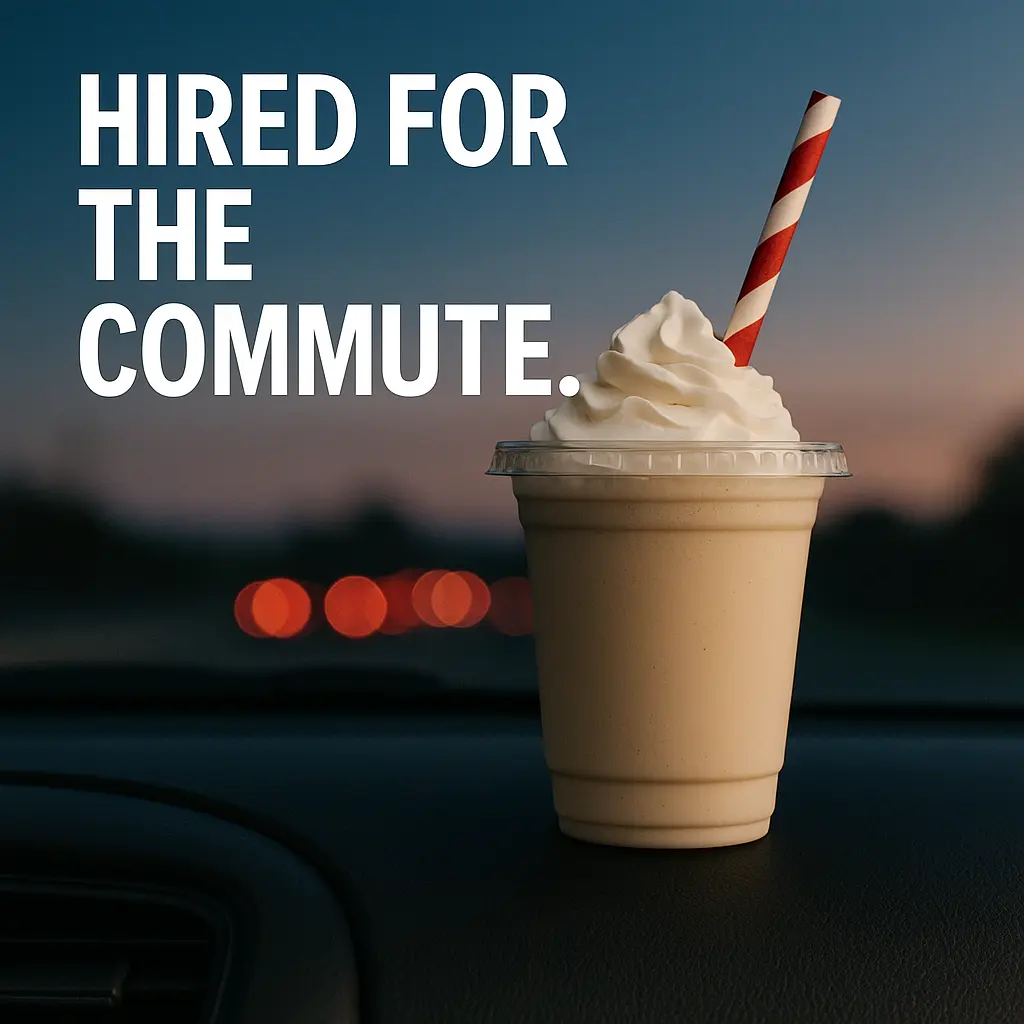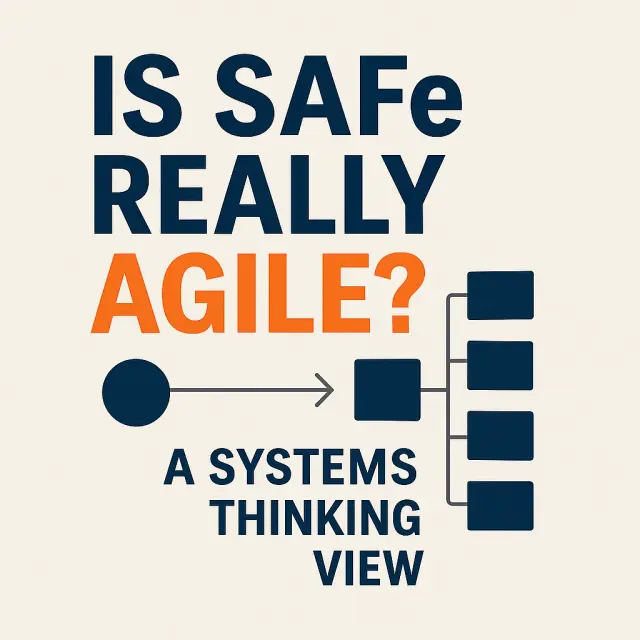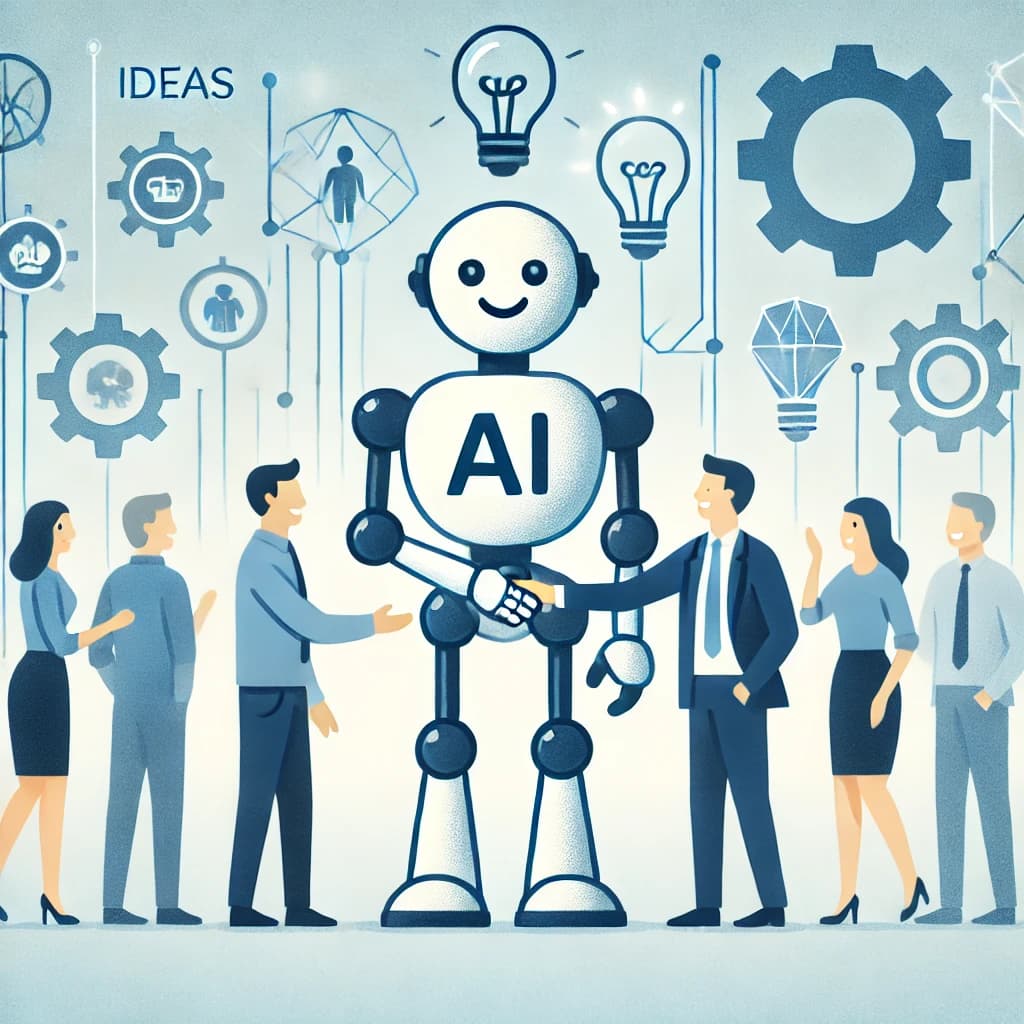AI is transforming industries at a pace we've never seen before, and with that comes the question that's been on everyone's mind: Will AI take my job? While the media loves to hype up both utopian and dystopian visions of our AI-powered future, the reality lies somewhere in between.
Let's break down what AI is really doing in the workplace, what jobs might be at risk, and more importantly, how we can adapt to thrive in this new era.
Automation vs. Augmentation: What's the Real Story?
The impact of AI on jobs is undeniable, but it's important to distinguish between two key effects: automation and augmentation.
Automation
Automation happens when AI takes over simple, repetitive tasks—think data entry, basic customer service, or routine administrative work. Studies suggest that up to 45% of current work tasks could be automated. Jobs like warehouse operations or entry-level support roles are particularly vulnerable to this shift.
But that's not necessarily bad news. Automation allows businesses to handle these tasks more efficiently, which means humans can focus on more valuable work. Yes, some roles will disappear, but many others will evolve or be created.
Augmentation
This is where things get more interesting. Instead of replacing humans, AI augments or enhances human capabilities. For example, in healthcare, AI can assist doctors in diagnosing diseases by analyzing complex medical data faster than any human could. In law, AI helps lawyers sort through massive volumes of documents to find key details, freeing up time for strategy and client interaction.
In short, augmentation means AI and humans work together, each playing to their strengths. AI handles the number crunching and data processing, while we focus on creativity, problem-solving, and emotional intelligence—things that machines can't do (at least, not yet).
Will AI Really Take Over All Jobs?
The short answer is no, but some jobs are more at risk than others.
Jobs at Risk
Roles that involve repetitive, manual tasks are most likely to be automated. Jobs like:
- Data entry
- Basic customer service (hello, chatbots)
- Manufacturing and warehouse roles These roles may diminish, but it's important to remember that similar concerns arose during the industrial revolution. Back then, machines took over manual labor, but new, more specialized jobs emerged.
Jobs That Are Safe (For Now)
On the other hand, roles that rely on creativity, empathy, and complex decision-making are much harder for AI to replicate. Think of:
- Creative professionals (designers, writers)
- Healthcare workers (doctors, nurses)
- Teachers and educators
- Leaders and managers These roles are much less likely to be automated anytime soon because they require human judgment, emotional intelligence, and innovative thinking—areas where AI still falls short.
Two Possible Futures: Optimistic or Pessimistic?
There are two potential outcomes when it comes to AI's impact on jobs, and the reality will likely fall somewhere between them.
Optimistic Future
In this vision, AI takes over the mundane tasks, freeing us up to focus on more creative, fulfilling work. We'd be more productive, happier, and have more time to innovate. Industries will adapt, and businesses will invest in retraining employees for higher-level tasks. This future sees AI as a tool that boosts human potential rather than replacing it.
Pessimistic Future
In the more pessimistic scenario, displaced workers struggle to transition into new roles. Unemployment rises, inequality widens, and social unrest follows. Without proper planning, there's a risk that the AI revolution could leave many behind.
But here's the good news: We have control over which future comes to pass.
How to Adapt and Thrive in an AI-Powered World
So, how can we make sure we're prepared for the future of work with AI? The key lies in adaptability and lifelong learning.
Focus on Human Skills
While AI can handle routine tasks, it still lacks many uniquely human abilities. By developing our soft skills—like creative problem-solving, communication, and leadership—we can position ourselves for roles that AI can't easily replicate.
Embrace Continuous Learning
The days of getting a degree and sticking to one career are fading. The future of work requires a commitment to lifelong learning. Online courses, certifications, and self-directed learning can help you stay ahead of the curve and remain relevant as industries evolve.
Stay Flexible
The ability to adapt to new tools, technologies, and ways of working will be invaluable. AI is changing the way we approach problems, and those who can work alongside machines to enhance productivity will be in high demand.
Conclusion
Will AI take your job? It depends. Some jobs will undoubtedly disappear as automation takes hold, but many more will be created as new roles emerge in an AI-enhanced world. The trick is not to fear the change but to embrace it, focusing on the areas where human ingenuity shines brightest.
The future of work will belong to those who can blend the strengths of both AI and human skills. By staying adaptable, continuously learning, and focusing on what makes us uniquely human, we can ensure that AI is a tool for progress—not a threat to our livelihoods.
